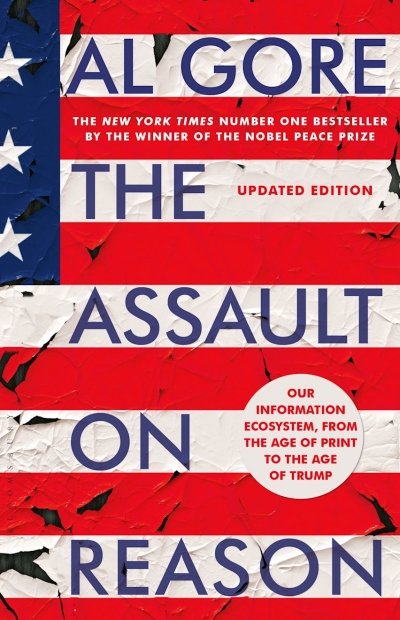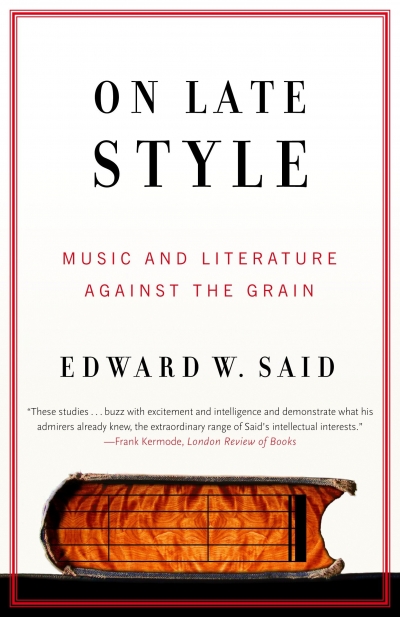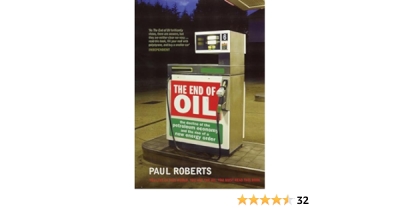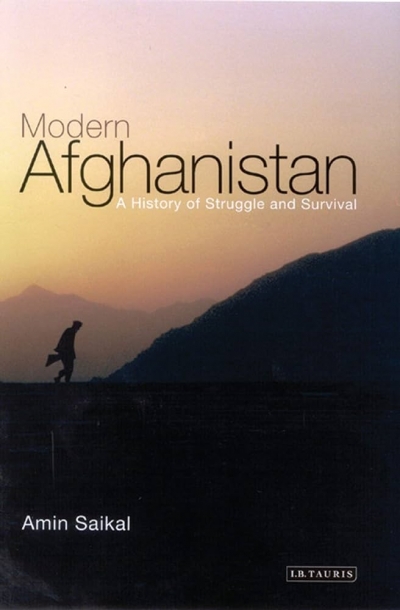David Rothenberg’s formal appellation at the New Jersey Institute of Technology is Professor of Philosophy and Music. He refers to himself as a ‘musician, composer, author and philosopher-naturalist’. Others have called him an ‘interspecies musician’. Rothenberg, a highly regarded jazz saxophonist and clarinettist, has published a range of books on science, technology, and music. But an ‘interspecies musician’? Much of Rothenberg’s fame stems from his improvised duets with ‘singing’ animals: whales (Whale Music, 2008), birds (Why Birds Sing, 2005) and even cicadas (see YouTube). With this background, Rothenberg is well credentialled to tackle a problem that lies at the heart of the apparent divide between science and the arts: what is beauty? Why do we find much birdsong beautiful? More critically, what do the birds themselves hear in these products of their evolutionary history? Can mere animals experience some kind of aesthetic sense, a sense of ‘beauty’?
...
(read more)










